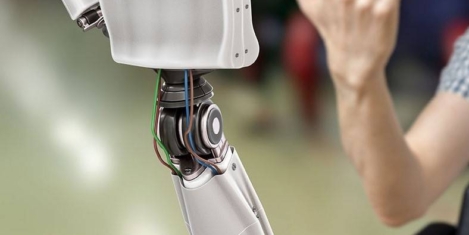To provide the best experiences, we use technologies like cookies to store and/or access device information. Consenting to these technologies will allow us to process data such as browsing behaviour or unique IDs on this site. Not consenting or withdrawing consent, may adversely affect certain features and functions.
The technical storage or access is strictly necessary for the legitimate purpose of enabling the use of a specific service explicitly requested by the subscriber or user, or for the sole purpose of carrying out the transmission of a communication over an electronic communications network.
The technical storage or access is necessary for the legitimate purpose of storing preferences that are not requested by the subscriber or user.
The technical storage or access that is used exclusively for statistical purposes.
The technical storage or access that is used exclusively for anonymous statistical purposes. Without a subpoena, voluntary compliance on the part of your Internet Service Provider, or additional records from a third party, information stored or retrieved for this purpose alone cannot usually be used to identify you.
The technical storage or access is required to create user profiles to send advertising, or to track the user on a website or across several websites for similar marketing purposes.
 A major research study “Wellness Matters: Health and Wellbeing in offices and what to do about it” by The British Council for Offices (BCO) is being launched today. The study critiques existing Health and Wellbeing measurement and certification, identifies the most recent and relevant medical evidence justifying a proactive approach to Health and Wellbeing in the built environment, and articulates the business case for investment in this space beyond simply improving productivity. (more…)
A major research study “Wellness Matters: Health and Wellbeing in offices and what to do about it” by The British Council for Offices (BCO) is being launched today. The study critiques existing Health and Wellbeing measurement and certification, identifies the most recent and relevant medical evidence justifying a proactive approach to Health and Wellbeing in the built environment, and articulates the business case for investment in this space beyond simply improving productivity. (more…)


















 The mental health of employees, especially those working within high pressured working environments are the number one concerns for UK CEOs. Nearly three quarters (73 percent) of respondents to the annual wellbeing report ‘
The mental health of employees, especially those working within high pressured working environments are the number one concerns for UK CEOs. Nearly three quarters (73 percent) of respondents to the annual wellbeing report ‘











June 13, 2018
US companies are waking up to the benefits of caring for employee mental health
by Colleen O'Day • Comment, Wellbeing
(more…)